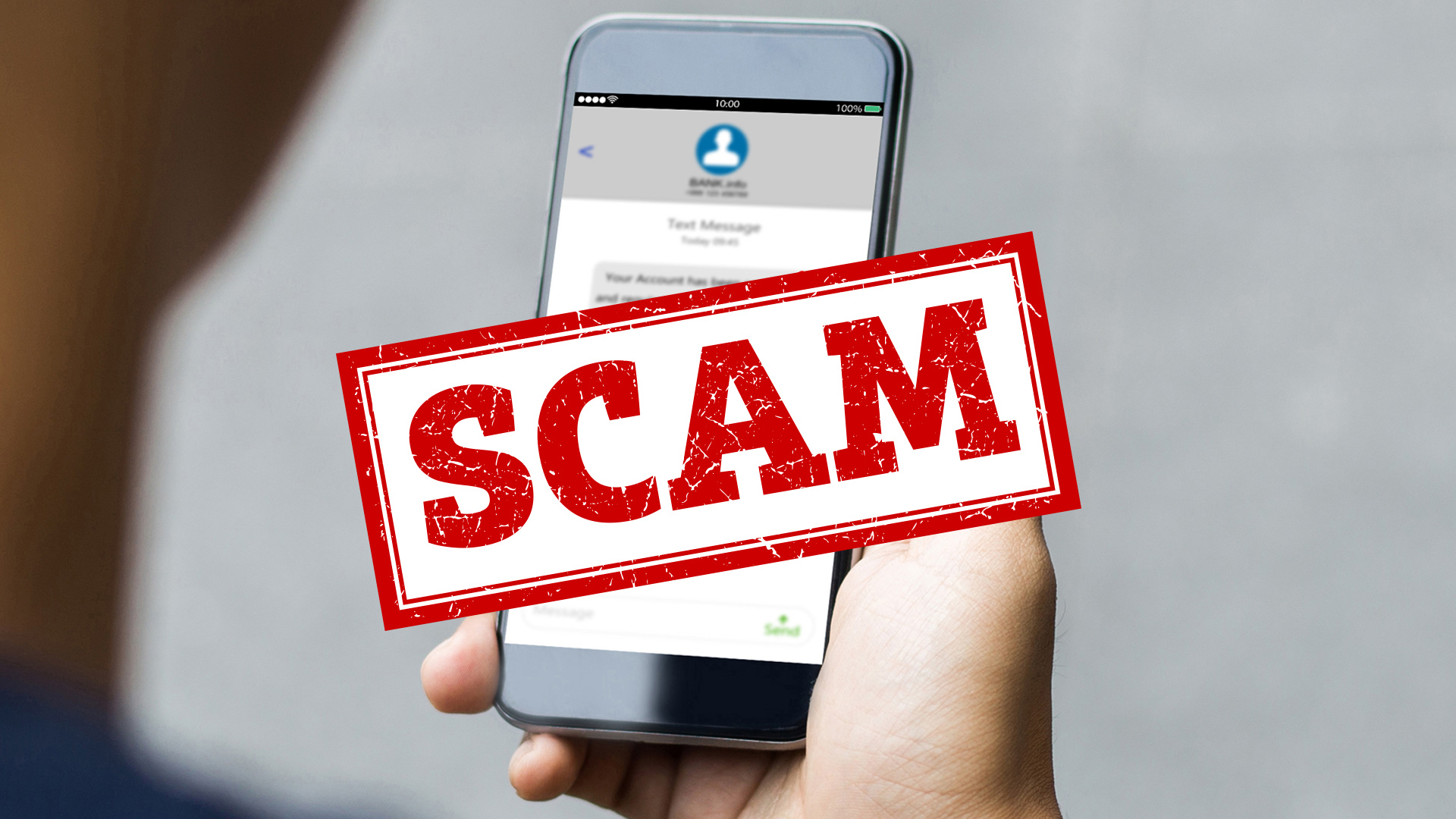The Federal Bureau of Investigation (FBI) has issued a stark warning about these so-called “smishing” scams, advising the public to stay vigilant and understand the tactics used by cybercriminals to pilfer personal information and money.
The age-old saying, “If it sounds too good to be true, it probably is,” has taken on new relevance in the digital age, particularly when it comes to SMS scams. Recently, a troubling new trend has emerged, targeting drivers with fraudulent messages about unpaid road tolls.

FBI Cautions: The Anatomy of a Smishing Scam
Smishing—a portmanteau of SMS and phishing—is a form of social engineering that manipulates victims into surrendering sensitive information through deceptive text messages. The FBI’s latest advisory highlights a surge in these scams, wherein perpetrators send texts claiming the recipient has an “outstanding toll amount.”
These messages are crafted to appear urgent and official, often mimicking the tone and language used by legitimate toll authorities. According to the FBI, these texts contain links that lead to counterfeit websites designed to mimic the appearance of state toll services.
“However, the link provided within the text is created to impersonate the state’s toll service name, and phone numbers appear to change between states,” the FBI stated, emphasizing the adaptive nature of these scams. Over 2,000 complaints have been lodged across three states, underscoring the widespread impact of these fraudulent activities.
EZ-Scam? FBI Issues Warning About Texts Demanding Toll Payments https://t.co/nMquP4zT2j
— PCMag (@PCMag) April 17, 2024
Recognizing and Responding to Suspect Messages
The similarity in language across these smishing texts is a red flag. All messages request payment for the supposed unpaid tolls, pressuring recipients to act quickly. Here are the FBI’s recommendations for anyone who receives such a message:
- Verify the Source: Before taking any action, verify the claim by visiting the toll service’s official website or contacting their customer service directly.
- File a Complaint: If you suspect a smishing attempt, file a complaint with the Internet Crime Complaint Center (IC3) at www.ic3.gov. Include the originating phone number and any website linked in the text.
- Protect Your Information: If you’ve interacted with the scam link, take immediate steps to secure your personal and financial information. Monitor your accounts for any unauthorized activity and dispute unfamiliar charges.

Steps to Safeguard Against Future Scams
As smishing scams become more sophisticated, it’s crucial to adopt preventive measures to protect yourself from future attacks. Always scrutinize texts that request personal or financial information. Be wary of links in unsolicited messages, and never hesitate to delete suspicious texts without engaging.
Awareness and proactive measures are your best defense against these digital threats.
The FBI’s warning is a timely reminder of the ever-evolving landscape of cyber threats. By staying informed and cautious, you can protect yourself from the financial and emotional turmoil associated with these scams.
Remember, when it comes to unexpected requests for money or information via text, pause, verify, and then proceed.










